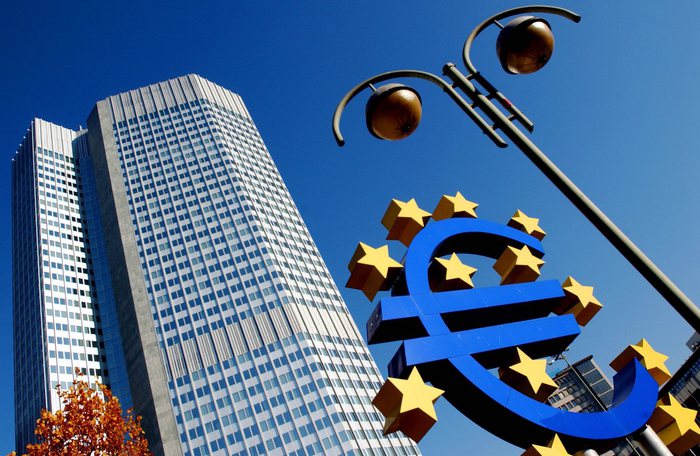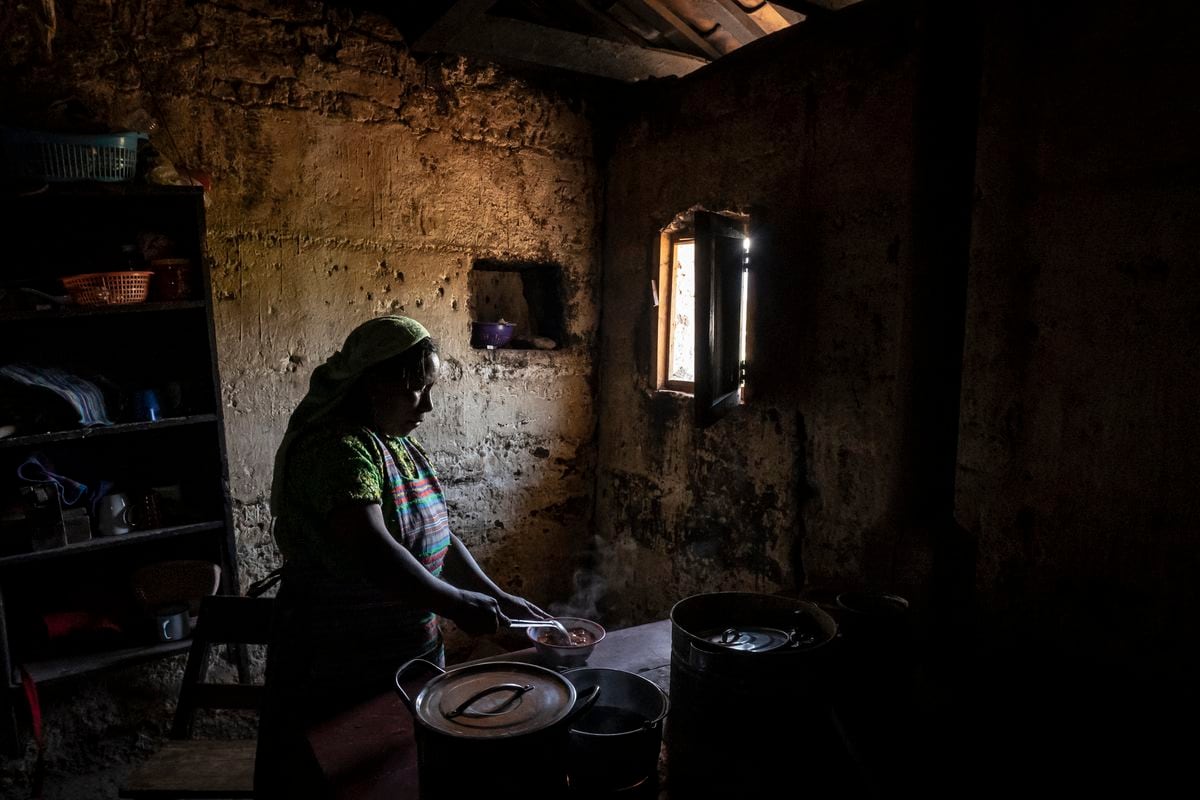The Government maintains its economic roadmap. The Council of Ministers on Tuesday left its growth forecasts for the Spanish economy intact for this year and next. He estimates that GDP will grow 6.5% this year and 7% next year, in line with the projections set out in the previous budgets. The First Vice President and Minister of Economy, Nadia Calviño, has confirmed the strength of the economic recovery after the end of the state of alarm and the lifting of the main measures to restrict mobility. "In 2022 Spain will recover the activity prior to the pandemic and in 2023 it will be able to recover the growth path that we had before the health crisis," he remarked during his appearance before the media after the Council of Ministers.
Calviño has also advanced that he will study after the summer if the Minimum Interprofessional Salary (SMI) rises depending on the evolution of employment. "In September we will see if it is possible to resume an increase in the SMI and agree on an increase for the final months of the year that allows reaching 60% of the average salary at the end of the legislature," he said. The vice president appreciated the good labor data of recent months, especially the extraordinary data of June when there was a record drop in unemployment and an increase in the enrollment of almost 235,000 workers, one of the highest in the statistical series. "In summer we can recover employment levels similar to those before the pandemic," he pointed out.
The First Vice President of the Government and Minister of Economic Affairs and Digital Transformation, Nadia Calviño, confirmed this Tuesday the strength of the economic recovery. JAVIER LIZÓN / EUROPA PRESS
In this way, the first vice president has left the door open to raise the SMI in the last quarter. Until now, the Minister of Economy was reluctant to raise the minimum wage this year, as claimed by her fellow cabinet member Yolanda Díaz. Calviño preferred to wait for data to show that the recovery was established. While the second vice president and Minister of Labor insists on revaluing it as soon as possible. Both ministers have been engaged in this pulse since the beginning of this year. But yesterday Calviño was in favor of an improvement in the SMI in the last months of the year if the recovery of the labor market is confirmed. There are doubts that after the summer many of the workers who are still in ERTE will finally be fired.And that after the emergence of activity in summer due to the tourist campaign, many companies begin to do without workers. That is why the vice president has emphasized that the decision will depend on the evolution of labor data.
The Council of Ministers had a marked economic content. The Government had to approve before August the indicators on which it builds the Budgets for 2022. The procedures for public accounts are highly valued. So, along with the economic forecasts, the Executive has also validated the spending ceiling of 2022, the amount of maximum disbursements allowed for in the Budgets. The new non-financial spending limit, as the spending ceiling is called in the slang, amounts to 196,142 million euros, similar to last year. Then it was increased by 53% to be able to meet the extraordinary expenses with which to finance the measures to alleviate the aftermath of the pandemic. This chapter includes the ERTE,aid to SMEs and the self-employed and extraordinary transfers to autonomous communities and town councils so that they could strengthen their health and educational systems.
More information
What is the spending ceiling and what is it for?
The Government hopes that the pandemic will gradually recede in 2022 and may reduce spending to meet the health and economic needs of the covid.
But it raises the spending ceiling to record levels by including 26,355 million from European funds.
Brussels will demand reforms in exchange for this aid.
Montero also explained that it incorporates a transfer for the autonomous communities of 18,396 million, 32.1% higher than last year.
Regional governments will have more money than ever in 2022, in full negotiation for the new financing system.
Finally, the Council of Ministers also approved the public deficit path for next year.
The red numbers of public accounts soared last year with the pandemic to 11% of GDP, the equivalent of about 125,000 million euros.
Montero explained that he expects to reduce it this year to 8.4%.
And the next 5%.
If achieved, it would be the greatest exercise in fiscal consolidation of democracy.
Although the setting has a trick.
It is due more to the growth of the denominator (GDP), than to tax increases or spending cuts.
Suspension of the deficit and debt fiscal rules
As in 2020 and 2021, the European Commission has proposed that the rules limiting the public deficit and debt of the Member States remain suspended in 2022 and reactivate in 2023, once the European economies have recovered their level of GDP prior to the crisis caused by the coronavirus pandemic.
Despite the suspension of fiscal rules, the Government assures that, as conditions permit, budgetary policy, which will continue to be expansionary next year, will be reoriented towards “more prudent” fiscal positions that reaffirm the sustainability of the medium-term public finances.
More information
The Government worsens the public deficit forecast to 8.4% of GDP for this year
The Government will have to accelerate to spend the European funds this year
The Government approves an increase in the spending ceiling of more than 50%, to 196,000 million euros
Budget negotiation starts
Once all the data that should serve as the foundation for building the 2022 Budgets have been approved, the Government will start the political negotiation in September to approve them.
The accounts for 2022 will be in line with the budgetary policy guidelines presented by the European Commission, in terms of support for the recovery, avoiding “a premature withdrawal” of the stimuli and making full use of European funding.
The coalition government partners PSOE and United We Can have already begun negotiations for the preparation of public accounts, according to Europa Press.
Yolanda Díaz has already confirmed that the Secretary of State for Social Rights, Nacho Álvarez, would be in charge of negotiating with the Minister of Finance and Public Function, María Jesús Montero, as happened last year.
The Labor Minister advanced as priority axes the negotiation on tax reform, guaranteeing access to housing with measures that allow affordable rent, the deployment of policies that end the care crisis, that guarantee minimum benefits to the population and that they combat job insecurity.
Regarding tax reform, one of the priority axes for United We Can, the Minister of Finance and Public Function, María Jesús Montero, as well as the First Vice President and Minister of Economic Affairs and Digital Transformation, Nadia Calviño, have insisted on several occasions that intends to address once the economy has recovered, recalling that a committee of experts has been set up that should have their conclusions on the reform of the Spanish tax system in February 2022, so that the bulk of the reform would not enter into force until 2023, as reflected in the recovery plan.
Some accounts marked by European funds
The 2022 Budgets will be marked by the application of the funds contemplated in the Recovery, Transformation and Resilience Plan, the instrument to channel the European funds approved in July 2020, within the set of community instruments included in Next Generation, the endowed plan with 750,000 million euros, of which Spain will receive 140,000 million.
The Spanish Executive is completing the process together with the European Commission so that the first pre-financing disbursement of 9,000 million occurs, which is expected in the course of the summer.
In the second part of the year, the semi-annual payment of 10,000 million euros will arrive, corresponding to the fulfillment of certain milestones and objectives, so the amount of resources for this year will amount to a total of 19,000 million.
By 2022, the PGE will incorporate, not only the transfers corresponding to the funds, but will also begin to request the necessary credits to carry out the set of actions that are part of this Recovery and Transformation Plan, which has already received the approval of the European Commission, and which are included in said exercise.
According to the Government, the 2022 accounts will support the Executive's strategy, marked, in the short term, by continuing to support the recovery to get out of the crisis caused by covid-19, and in the medium and long term, by promoting the process of transformation and modernization of the Spanish economy leading to a more sustainable and resilient development from an economic, social, territorial and environmental point of view.















